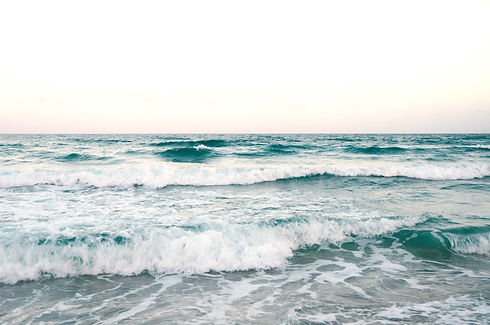New York State
Environmental Technical Working Group

Specialist Committees
Specialist Committees
The Environmental Technical Working Group (E-TWG) is involved in many ongoing efforts related to the environmentally responsible development of offshore wind. Under the direction of New York State and the E-TWG, topically-focused Specialist Committees bring together science-based subject matter expertise to develop collaborative guidelines or other products that inform or advance the environmentally responsible development of offshore wind.
Current Efforts

Offshore Wind & Wildlife: Frequently Asked Questions
The E-TWG formed specialist committees in 2023 and 2024 to develop communications materials to aid in the dissemination of scientifically accurate, readily understandable information around potential impacts to wildlife from offshore wind development in the U.S. Atlantic. End products include working FAQ documents focused on key taxa groups (birds and whales) to address common questions stakeholders receive from the public.
Past Efforts

Avian Displacement Guidance Committee
The E-TWG, in collaboration with the U.S. Fish and Wildlife Service (USFWS) and the Bureau of Ocean Energy Management (BOEM), supported development of guidance for pre- and post-construction monitoring to detect macro-to meso-scale changes in avian distributions and habitat use in relation to offshore wind development. An expert Specialist Committee co-chaired by USFWS and BOEM biologists developed guidance that identifies 1) key displacement- and attraction-related questions, 2) appropriate methodologies to address those questions, and 3) study design and analytical recommendations specifically for boat-based and aerial surveys.

Regional Synthesis Workgroup
The E-TWG developed guidance for regional-scale research and monitoring of offshore wind energy and wildlife in the eastern U.S. The expert workgroup aimed to inform the allocation of funding for regional research and monitoring by developing 1) a database of research needs and data gaps identified from existing sources, and 2) interim recommendations to complement the database including definitions of key terminology, considerations for prioritizing regional research topics, and general recommendations on study design and data transparency.

Taxa-Specific Best Management Practices
In 2019-2020, two E-TWG Specialist Committees developed best management practices (BMPs) to better understand and mitigate wildlife impacts from offshore wind development in the eastern U.S. The two committees focused on 1) marine mammals and sea turtles, and 2) birds and bats. Efforts included reviews of existing measures to reduce impacts to focal taxa and developing general recommendations to mitigate (avoid, minimize, reduce, or offset) impacts, with a focus on informing environmental requirements that could be included in New York's Phase 2 Offshore Wind Procurement. Each committee developed a document summarizing best practice recommendations and committee discussions.
Photo credits: Ocean © Alexander Reissis; Northern Gannet © Birger Strahl; Offshore Wind Farm © Chuyuss-Shutterstock; Humpback Whale © Richard Sagredo; Race Bank Offshore Wind Farm © Nicholas Doherty
